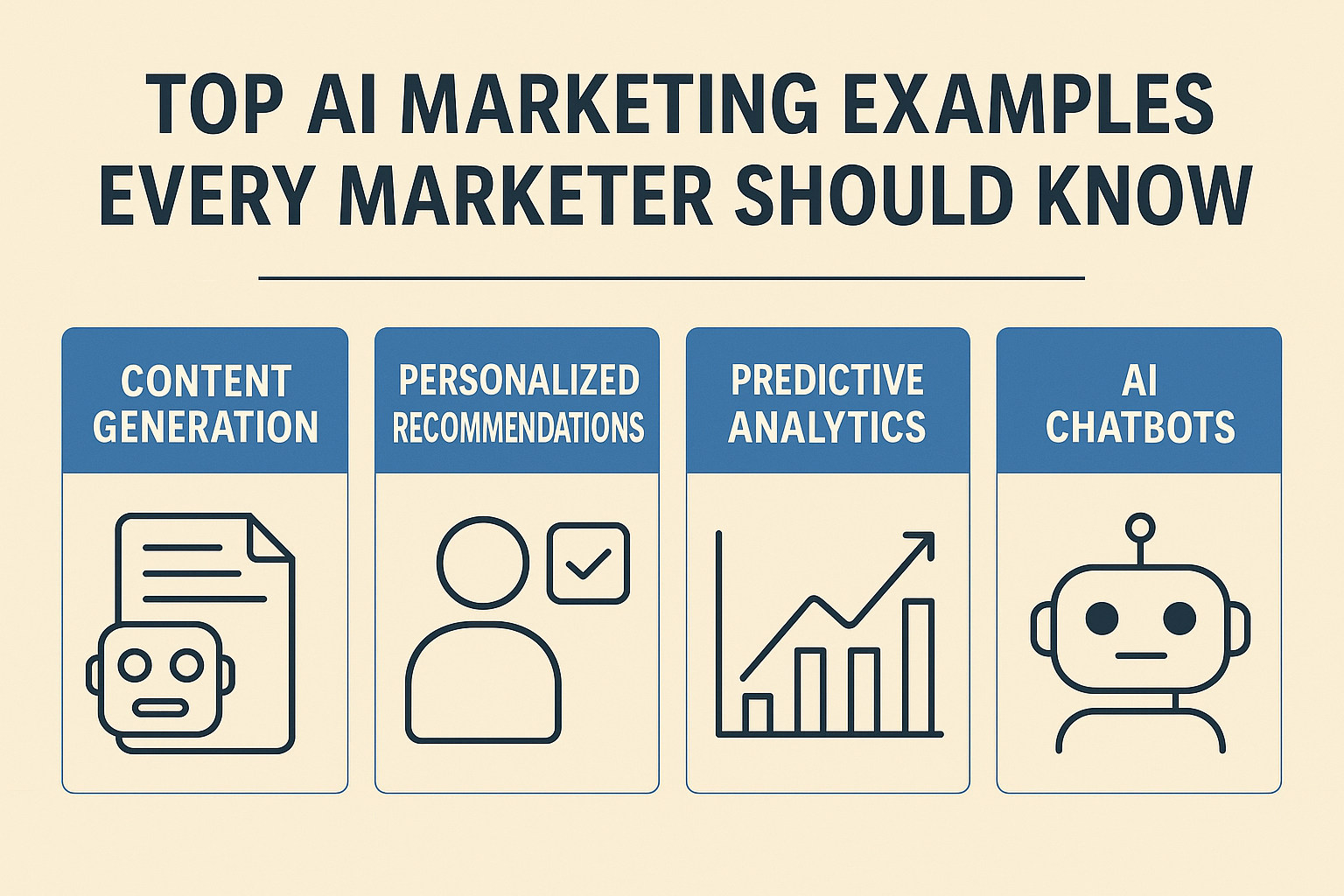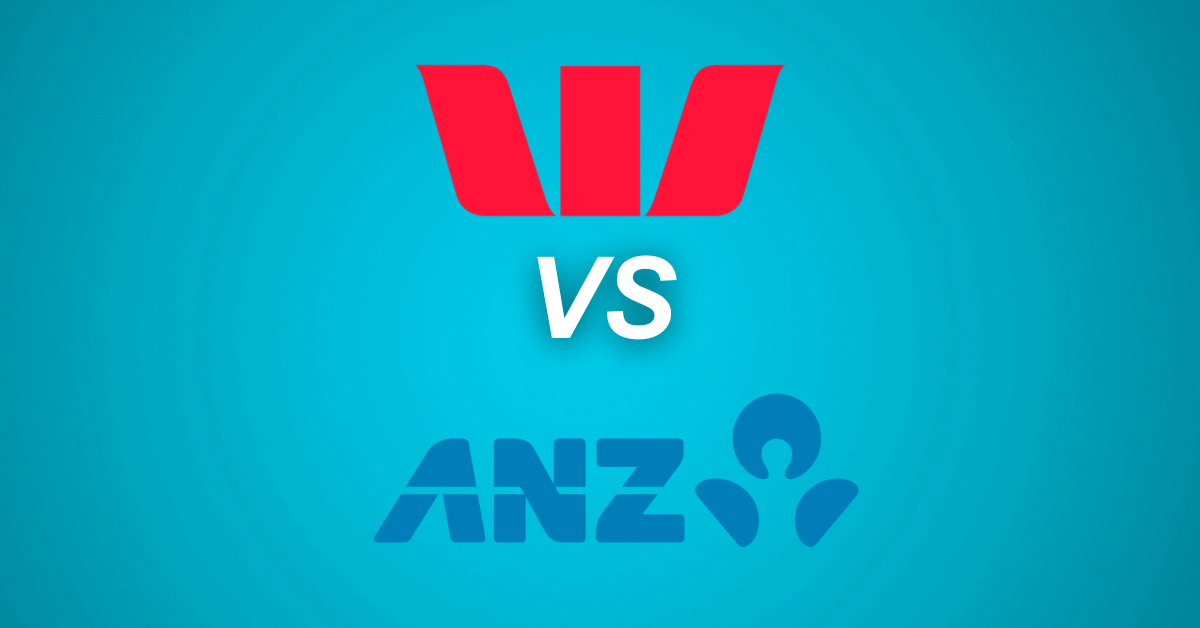In today’s fast-paced digital landscape, artificial intelligence is revolutionizing the way businesses approach marketing.
As a marketing professional, staying ahead of the curve requires an understanding of AI marketing and its transformative potential. From personalized customer experiences to predictive analytics, AI use cases in marketing are reshaping strategies and driving unprecedented results.
This post will delve into some of the most impactful AI marketing examples, showcasing how machine learning in marketing is enhancing efficiency and effectiveness.
Join us as we explore cutting-edge digital marketing innovations that every savvy marketer should have on their radar.
Introduction to AI in Marketing
Artificial intelligence is reshaping the marketing landscape, offering unprecedented opportunities for businesses to connect with their audience. This section explores the rise of AI and its profound impact on digital marketing strategies.
The Rise of Artificial Intelligence
Artificial intelligence has rapidly evolved from a futuristic concept to a practical tool in marketing. Its growth has been fueled by advancements in computing power and data availability.
AI’s ability to process vast amounts of information and identify patterns has made it invaluable in understanding consumer behavior. This capability allows marketers to make data-driven decisions with greater accuracy and speed.
The integration of AI into marketing tools and platforms has democratized access to sophisticated analytics and automation. Even small businesses can now leverage AI to compete with larger corporations, leveling the playing field in digital marketing.

Impact on Digital Marketing Strategies
AI has fundamentally altered how marketers approach their digital strategies. It has enabled a shift from broad, generalized campaigns to highly targeted, personalized marketing efforts.
One of the most significant impacts is the ability to analyze customer data in real-time, allowing for dynamic adjustments to marketing strategies. This agility ensures that campaigns remain relevant and effective in a rapidly changing digital landscape.
AI-powered tools have also improved the efficiency of marketing operations. Automation of routine tasks frees up marketers to focus on creative and strategic aspects of their work, enhancing overall productivity and innovation in the field.
Personalization Through AI
AI has revolutionized personalization in marketing, enabling brands to deliver tailored experiences at scale. This section examines how AI is transforming customer interactions and targeted advertising.
Tailored Customer Experiences
AI-driven personalization has redefined customer experiences across digital platforms. By analyzing user behavior, preferences, and historical data, AI can create uniquely tailored interactions for each individual.
This level of personalization extends beyond simple product recommendations. AI can customize entire user journeys, from website content to email communications, ensuring that each touchpoint resonates with the individual customer’s needs and interests.
The result is a more engaging and relevant experience for consumers, leading to increased satisfaction and loyalty. Brands that effectively leverage AI for personalization often see significant improvements in conversion rates and customer retention.
Machine Learning in Targeted Ads
Machine learning algorithms have transformed the landscape of targeted advertising. These AI systems can process vast amounts of data to identify patterns and predict consumer behavior with remarkable accuracy.
By analyzing factors such as browsing history, purchase patterns, and demographic information, machine learning models can determine the most effective ad placements and content for each user. This precision targeting reduces ad waste and improves return on investment for marketers.
Moreover, these systems continuously learn and adapt based on real-time data, ensuring that ad targeting strategies remain effective even as consumer behaviors evolve. The result is a more efficient and impactful advertising ecosystem that benefits both marketers and consumers.
Enhancing Customer Engagement
AI technologies are revolutionizing how brands interact with their customers, creating more meaningful and efficient engagement strategies. This section explores two key areas where AI is making a significant impact.
Chatbots and Virtual Assistants
AI-powered chatbots and virtual assistants have become integral to customer service and engagement strategies. These tools provide instant, 24/7 support to customers, addressing queries and resolving issues efficiently.
Advanced natural language processing allows these AI assistants to understand context and nuance in customer communications. This capability enables them to provide more accurate and helpful responses, often indistinguishable from human interactions.
The data gathered from these interactions provides valuable insights into customer needs and preferences. Marketers can use this information to refine their strategies and improve overall customer experience.
AI-Driven Content Creation
AI is transforming content creation, enabling marketers to produce personalized, relevant content at scale. Machine learning algorithms can analyze vast amounts of data to identify trending topics and generate content ideas.
Natural language generation (NLG) technology can create human-like text for various marketing materials, from product descriptions to social media posts. This capability allows for rapid content production while maintaining consistency in brand voice and messaging.
While AI-generated content is increasingly sophisticated, human oversight remains crucial. Marketers play a vital role in refining and contextualizing AI-created content, ensuring it aligns with brand values and strategic objectives.
Data-Driven Decision Making
AI has revolutionized how marketers approach data analysis and decision-making. This section explores the role of AI in predictive analytics and market research, showcasing its potential to drive more informed marketing strategies.
Predictive Analytics in Marketing
Predictive analytics powered by AI has become a game-changer in marketing strategy. By analyzing historical data and identifying patterns, these tools can forecast future trends and consumer behaviors with remarkable accuracy.
Marketers can leverage predictive analytics to:
-
Anticipate customer churn and implement retention strategies
-
Forecast demand for products or services
-
Optimize pricing strategies based on market conditions
-
Identify the most effective channels for customer acquisition
The insights gained from predictive analytics enable marketers to make proactive decisions, allocating resources more efficiently and maximizing return on investment.
AI Use Cases in Market Research
AI has transformed traditional market research methods, offering faster, more comprehensive, and often more accurate insights. Machine learning algorithms can analyze vast amounts of unstructured data from various sources, including social media, customer reviews, and online forums.
Key AI applications in market research include:
-
Sentiment analysis to gauge public opinion on brands or products
-
Trend forecasting to identify emerging market opportunities
-
Customer segmentation for more targeted marketing strategies
-
Competitive intelligence gathering and analysis
These AI-driven research methods provide marketers with real-time insights, allowing for more agile and responsive marketing strategies in a rapidly changing market environment.
Future of AI Marketing
As AI continues to evolve, its impact on marketing is set to grow exponentially. This section explores emerging trends and provides guidance on preparing for the AI-driven transformation of marketing.
Emerging Trends and Innovations
The future of AI in marketing promises even more sophisticated and integrated solutions. Some key trends to watch include:
-
Hyper-personalization: AI will enable marketing messages tailored not just to segments, but to individual consumers in real-time.
-
Voice and visual search optimization: As these technologies become more prevalent, AI will play a crucial role in optimizing content for these new search paradigms.
-
Augmented and Virtual Reality: AI will enhance these immersive technologies, creating more engaging and interactive marketing experiences.
-
Emotion AI: Advanced algorithms will be able to detect and respond to consumers’ emotional states, allowing for more empathetic marketing approaches.
These innovations will reshape how brands interact with consumers, creating more immersive and personalized experiences across all touchpoints.
Preparing for AI-Driven Marketing Transformation
To stay competitive in the AI-driven marketing landscape, professionals and organizations need to:
-
Invest in continuous learning and skill development in AI and data science
-
Foster a data-driven culture within marketing teams
-
Prioritize data quality and integration across all marketing systems
-
Develop ethical guidelines for AI use in marketing to maintain consumer trust
-
Collaborate with IT and data science teams to implement AI solutions effectively
By embracing these strategies, marketers can position themselves at the forefront of the AI revolution, driving innovation and achieving better results in an increasingly competitive digital landscape.




